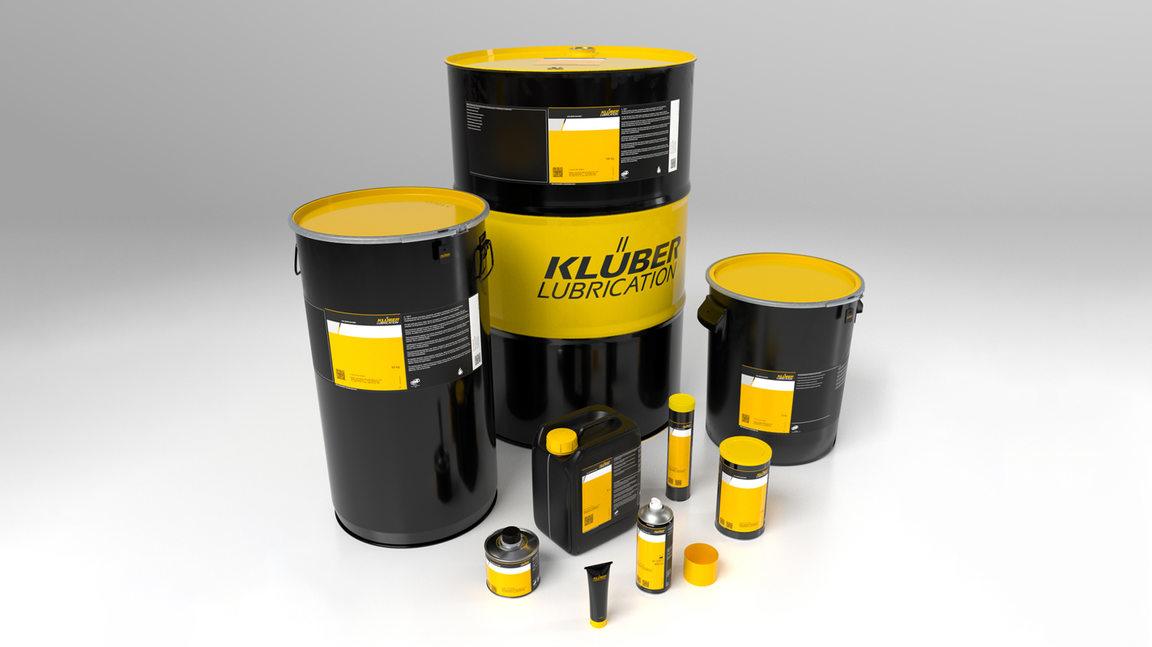Material Hub > Materialien
Materialien
-
Kategorie KunststoffeEinsatztemperatur -40 – 115 °CDichte 1.2 g/cm3
-
Kategorie KunststoffeEinsatztemperatur -40 – 115 °CDichte 1.2 g/cm3
-
Kategorie KunststoffeEinsatztemperatur -40 – 115 °CDichte 1.2 g/cm3
-
Kategorie ThermoplasteEinsatztemperatur -60 – 250 °CDichte 1.31 g/cm³
-
Kategorie ThermoplasteEinsatztemperatur < 260 °CDichte 1.31 g/cm³
-
Kategorie KunststoffbeschichtungEinsatztemperatur -40 – 250 °CDichte –
-
Kategorie KunststoffbeschichtungEinsatztemperatur -40 – 200 °CDichte –
-
Kategorie KunststoffbeschichtungEinsatztemperatur -40 – 200 °CDichte –
-
Kategorie KunststoffbeschichtungEinsatztemperatur -40 – 260 °CDichte –
-
Kategorie KunststoffbeschichtungEinsatztemperatur -40 – 260 °CDichte –
-
Kategorie KunststoffbeschichtungEinsatztemperatur -40 – 260 °CDichte –
-
Kategorie KunststoffbeschichtungEinsatztemperatur -40 – 260 °CDichte –
-
Kategorie KunststoffbeschichtungEinsatztemperatur -40 – 260 °CDichte –
-
Kategorie Schmierstoffe, SchmierfetteEinsatztemperatur –Dichte –
-
Kategorie KunststoffeEinsatztemperatur -30 – 250 °CDichte 1.46 g/cm³
-
Kategorie KunststoffeEinsatztemperatur -30 – 250 °CDichte 1.46 g/cm³
-
Kategorie KunststoffeEinsatztemperatur -30 – 60 °CDichte 1.41 g/cm³
-
Kategorie KunststoffeEinsatztemperatur 80 °CDichte 1.06 g/cm³
-
Kategorie KunststoffeEinsatztemperatur –Dichte –
-
Kategorie KunststoffeEinsatztemperatur –Dichte 0.955 g/cm³





